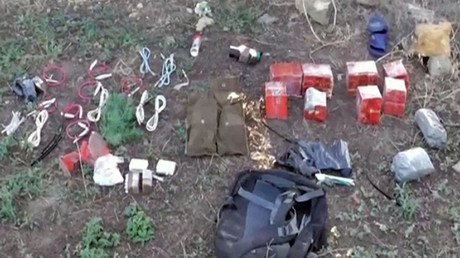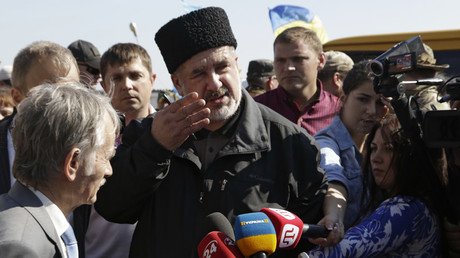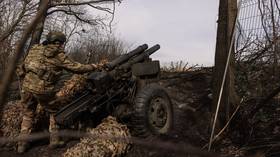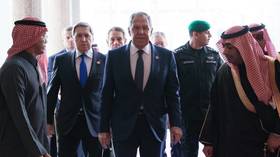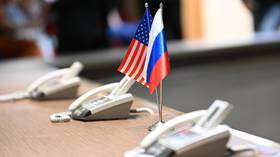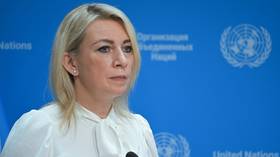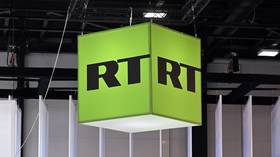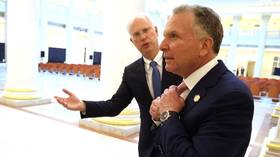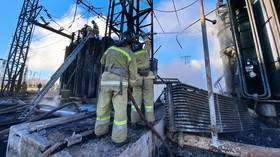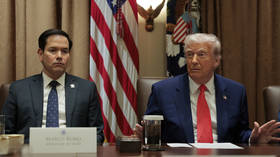‘Nothing to do with reality’: Moscow slams Ukraine-sponsored Crimea resolution passed by UN
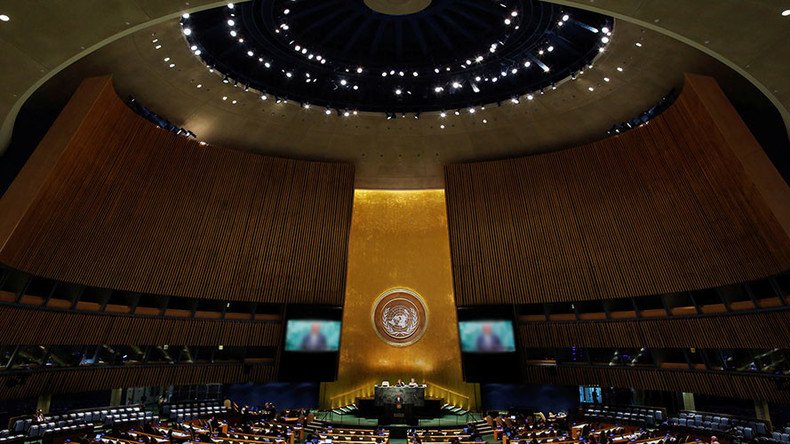
The Ukraine-sponsored resolution blaming Russia for multiple human rights abuses in Crimea, which was approved by a UN General Assembly committee on Wednesday, has been blasted by Russia as biased and not reflecting the real situation in the region.
The draft was approved by the third committee of the United Nations, which is responsible for social, humanitarian and cultural issues. A total of 73 members of the committee, including US, UK, Canada and EU members have voted for the resolution, while 23 member countries, among them Russia, China, India, Serbia, Syria, Iran, rejected the draft. A total of 76 nations abstained from voting.
The document, which refers to the Russian region of Crimea and the federal city of Sevastopol as temporary occupied part of the territory of Ukraine, calls on the UNGA members to condemn “reported serious violations and abuses committed against residents of Crimea” and alleged violations of “fundamental freedoms, including the freedoms of expression, religion or belief and association and the right to peaceful assembly.”
The resolution entitled “Situation of Human Rights in the Autonomous Republic of Crimea and the city of Sevastopol” also urges Russia’s Supreme Court to revoke its decision to outlaw the Mejlis, the unofficial legislative body of the Crimean Tatars. In September, Russia’s Supreme Court uphold the decision by the Supreme Court of the Crimean Republic to ban the organization as an extremist group, based on its ties to terrorist entities, such as the Turkish Grey Wolves (Bozkurt).
The adoption of the resolution was hailed by Ukrainian President Petro Poroshenko as the “true victory of justice,” and he expressed gratitude to all supporters of the draft on his official Facebook page.
READ MORE: Ukrainian commandos planning attacks with explosives & weapons detained in Crimea – FSB
Ukraine’s Foreign Minister Pavlo Klimkin also commended the document labeling the proposed human rights monitoring in Crimea as “the first step towards de-occupation of the peninsula.”
‘Human rights turning into political tool’
Meanwhile, Russian officials have decried the resolution, saying it gives a distorted image of the real situation in Crimea. Anatoly Viktorov, head of the Russian Foreign Ministry's Department for Humanitarian Cooperation and Human Rights (DHCHR), who represented Russia at the committee’s meeting, said it “has nothing to do with the real situation in Crimea, neither with opinion and interests of the residents of this peninsula,” as cited by TASS.
He argued that while the Ukrainian government blames Russia for human rights violations in Crimea, it at the same time repeatedly aimed to disrupt the people’s life there by cutting the peninsula from essential supplies attempting to organize water, energy and food “blockades.”
"We are convinced that many Ukrainians would prefer to live like the residents of Crimea live now, that is, under conditions of peace, stable economic development and social security,” Viktorov argued, calling the adoption of the document “yet another example of how human rights are turned into a tool of a political game.”
The diplomat said that in Ukraine human rights abuses, including “gross violations of the rights of national minorities,” were on the rise, accompanied by what he called growing neo-Nazi sentiments, on which the Ukraine government turns a blind eye.
The draft was proposed by "the state where blatant human rights violations have become a routine practice," he concluded.
The resolution is expected to be reviewed and most likely adopted by the General Assembly in December.
